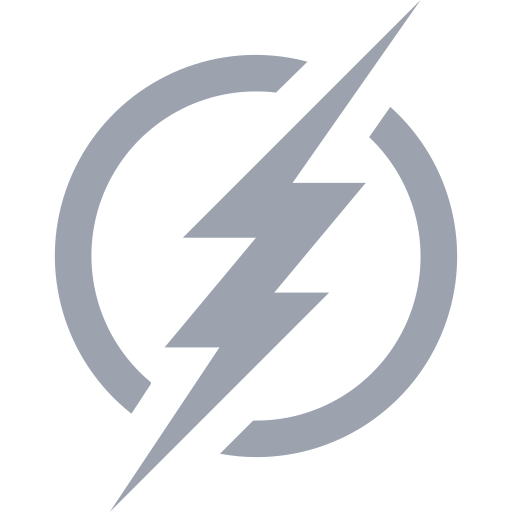
Check your eligibility now & get in touch with a study center
CHECK ELIGIBILITY
Detailed Description
Simple Text Block
You can use content blocks to arrange your articles, large texts,
instructions. Combine these blocks with media blocks to add
illustrations and video tutorials. You can use various content blocks to
work with your text. Add quotations, lists, buttons. Select your text to
change its formatting or add links. You can use various content blocks
to work with your text. Add quotations, lists, buttons. Select your text
to change its formatting or add links.
Call 1800-9860-568 now to find out if you are eligible.
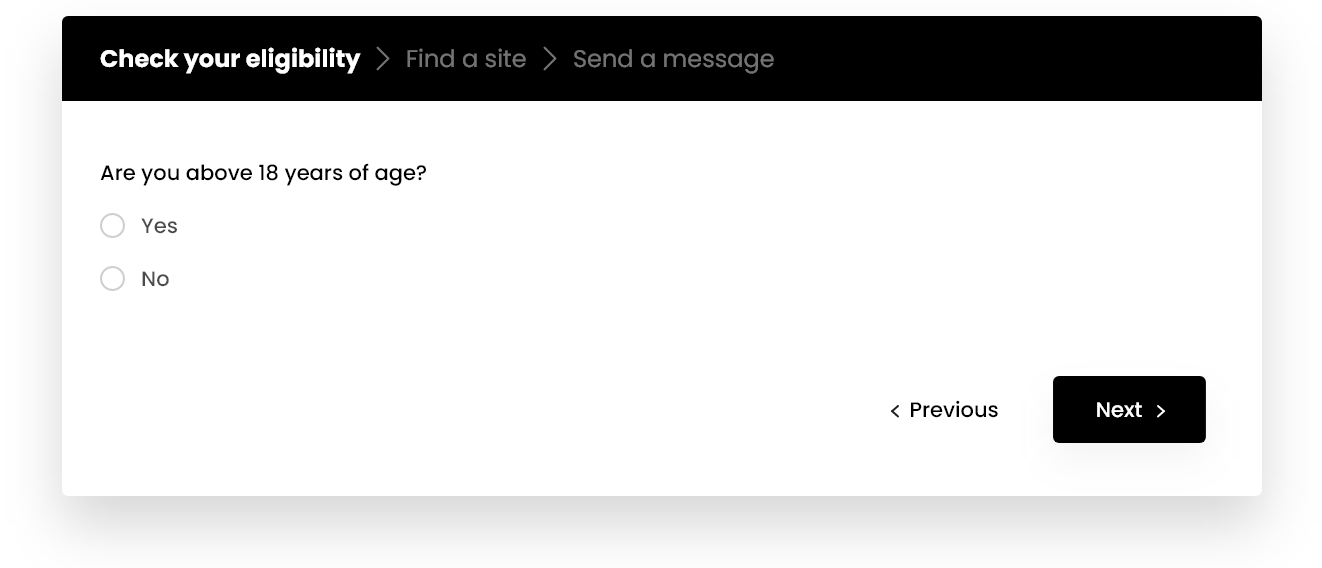
Check your eligibility
Take up this questionnaire to help us determine if you have symptoms
that are common to this clinical study. If you have the common
symptoms, you may be eligible to take part in the study.
Find a site near you

18 - 80

Gender
All
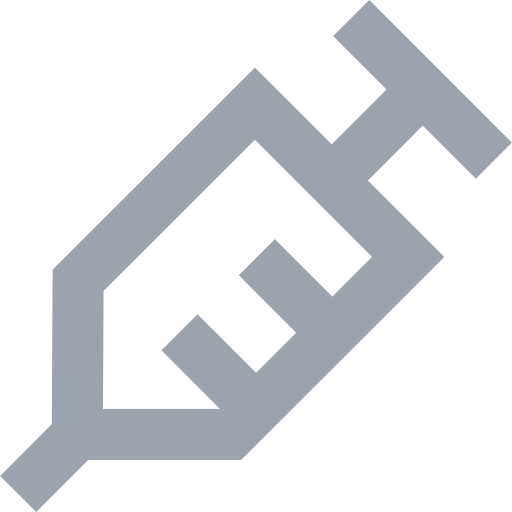
NCT ID
NCT06856616
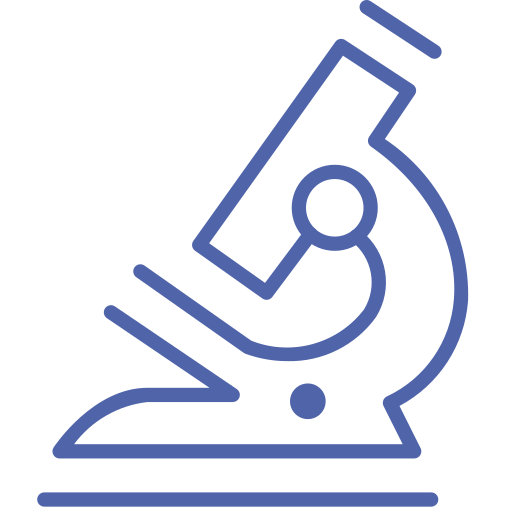
Phase
-1

Status
Recruiting Now
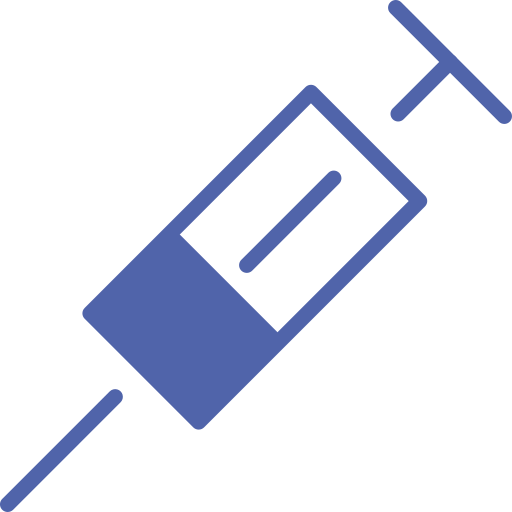
Medical Condition
Breast Neoplasms
How is Plaque Psoriasis treated?

Medical Condition
A short sentence to introduce what to expect in the about condition
section
Learn more
The Study
A short sentence to introduce what to expect in the about condition
section
Learn more
About Clinical Trials
A short sentence to introduce what to expect in the about condition
section
Learn moreYour Journey
01
Receiving the medication
You would receive etanercept (Enbrel) twice a week for 12 weeks and
then once a week for 12 weeks. Etanercept, as well as study related
medical care, is provided at no cost.
02
Visiting the study site
Study participation involves approximately 8 visits to your local
study center over 6 to 7 months.
03
Follow-up
There would also be a follow-up telephone call 30days after
completing the study. No visits are required after participation is
complete.